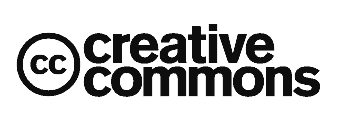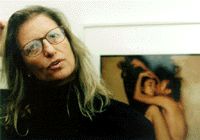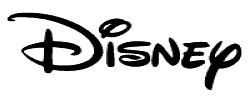Attention has become worth more than protection.
Unfortunately, companies like Disney and trade groups like Recording Industry Association of America and the Motion Picture Association of America have yet to realize this with websites like RespectCopyrights.org, interviews like ‘DRM’ Protects Downloads, But Does It Stifle Innovation?, and crackdowns like Music, Movie Industries Target Theft On Internal Campus Networks. But they eventually will. It’s starting already.
As almost anyone reading this blog already knows, the Internet has made possible products and services that could never have existed before. The Internet invalidates many prior business models replacing them with different and often potentially more lucrative business models, eBay being a great example; just think of all the businesses eBay has negatively impacted while at the same time all the other businesses is has empowered. Alternately, the Internet has turned some hugely profitable businesses into much more competitive and hence less profitable businesses such as term life insurance.
 But with the growth of blogs and tools that make it easier and easier for practically anyone to create a significant web presence, there is more content then ever. Protecting new content is now the foolish thing to do. Instead creators should be empowering their content to gain as much attention as possible. For example, photos that have a Creative Commons license[1] empower others to give the creative work an audience that it might otherwise never get thereby raising the status of the creator. Those who leave their photographs on Flickr with the default “Copyright” (or anywhere else using a non-explicit Copyright) are guaranteeing that no one will happen across their photos and choose to use them in an unexpected beneficial context.
But with the growth of blogs and tools that make it easier and easier for practically anyone to create a significant web presence, there is more content then ever. Protecting new content is now the foolish thing to do. Instead creators should be empowering their content to gain as much attention as possible. For example, photos that have a Creative Commons license[1] empower others to give the creative work an audience that it might otherwise never get thereby raising the status of the creator. Those who leave their photographs on Flickr with the default “Copyright” (or anywhere else using a non-explicit Copyright) are guaranteeing that no one will happen across their photos and choose to use them in an unexpected beneficial context.
 This also creates a decline in the value of lawyers and an increase in the value of (good) marketers. Overbearing parents, take note.
This also creates a decline in the value of lawyers and an increase in the value of (good) marketers. Overbearing parents, take note.
Clearly there are caveats to this. Those who have already established their reputation for the quality of their work would probably do better economically if they protect their works with copyright. After all, Annie Leibovitz would almost certainly not choose to allow unlimited free use and derivatives of her work.
But the writing is on the wall. Those who pursue protection over attention are the world’s next dinosaurs. Embrace attention and prosper.
Footnotes
- I ideally recommend an “Attribution” or an “Attribution-ShareAlike” License, but even an “Attribution-NonCommercial” or an “Attribution-NonCommercial-ShareAlike License” is in most cases better for the creator than a typical “fully broad” Copyright these days.


